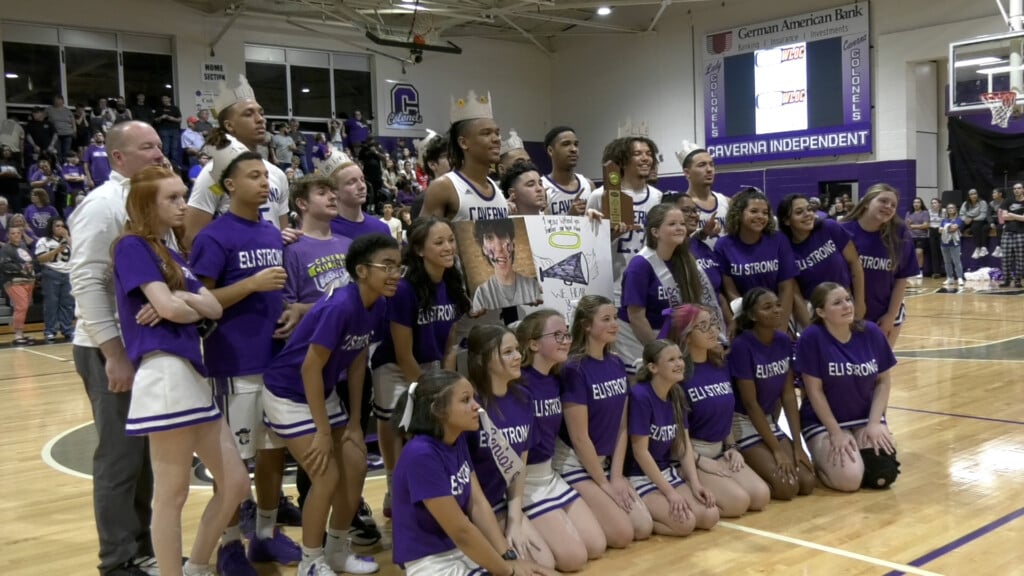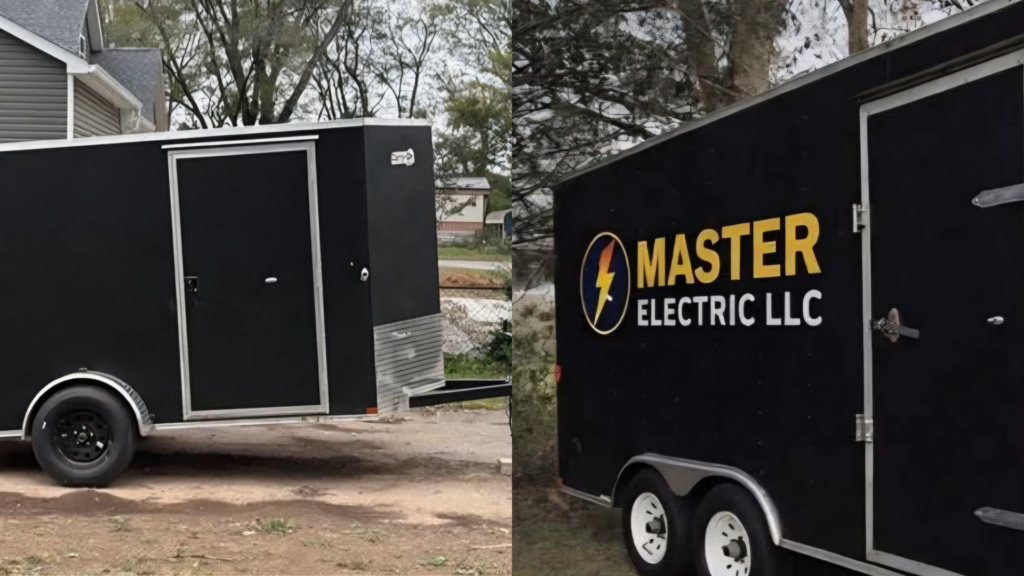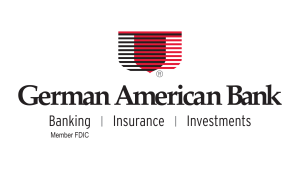Counterfeit market emerges for popular weight-loss drugs
With the rise in the popularity of weight loss drugs like ‘Wegovy’ and ‘Ozempic,’ we’re learning a counterfeit market has also emerged which could be endangering people’s lives.
Global pharmaceutical company Novo Nordisk alone brought in 21 billion dollars in revenue last year from drugs like Ozempic, Wegovy, and Rybelsus. And just like every other trend, black market knockoffs and smuggled products have been quick to follow. These products look like the real deal, but CBP Port Director Salvatore Ingrassia says they can be anything but.
Ingrassia says, “People are really taking a risk by ordering these products online and not knowing really the supplier that’s, that’s sending it to them… we have tested these pharmaceutical products and found things like antifreeze, and other fillers that in some cases are dangerous.”
Novo Nordisk reports it found insulin in a counterfeit pen, landing the person who used it in the hospital. The FDA’s Office of Investigations is taking the threat seriously. Last May, they arrested a Long Island woman for selling suspected fake ozempic on social media. One victim reported lesions and infections and the suspect pled not guilty.
Former FDA investigator Ricki Chase has made a career out of asking questions to track fake products. Chase says, “if you’re buying a drug that is legitimately marketed for thousands of dollars for 65 dollars, you should be asking some questions.”
But if you don’t know what to look for when trying to use real products, Chase has some tips for you.
She says, “You’re always going to be looking for a code. This is how the pharmacy in the drug company tracks this product through the legitimate drug supply chain. If you rub your hand over the labeling and the ink smears, that is a good indication that it is not a legitimate product.”




